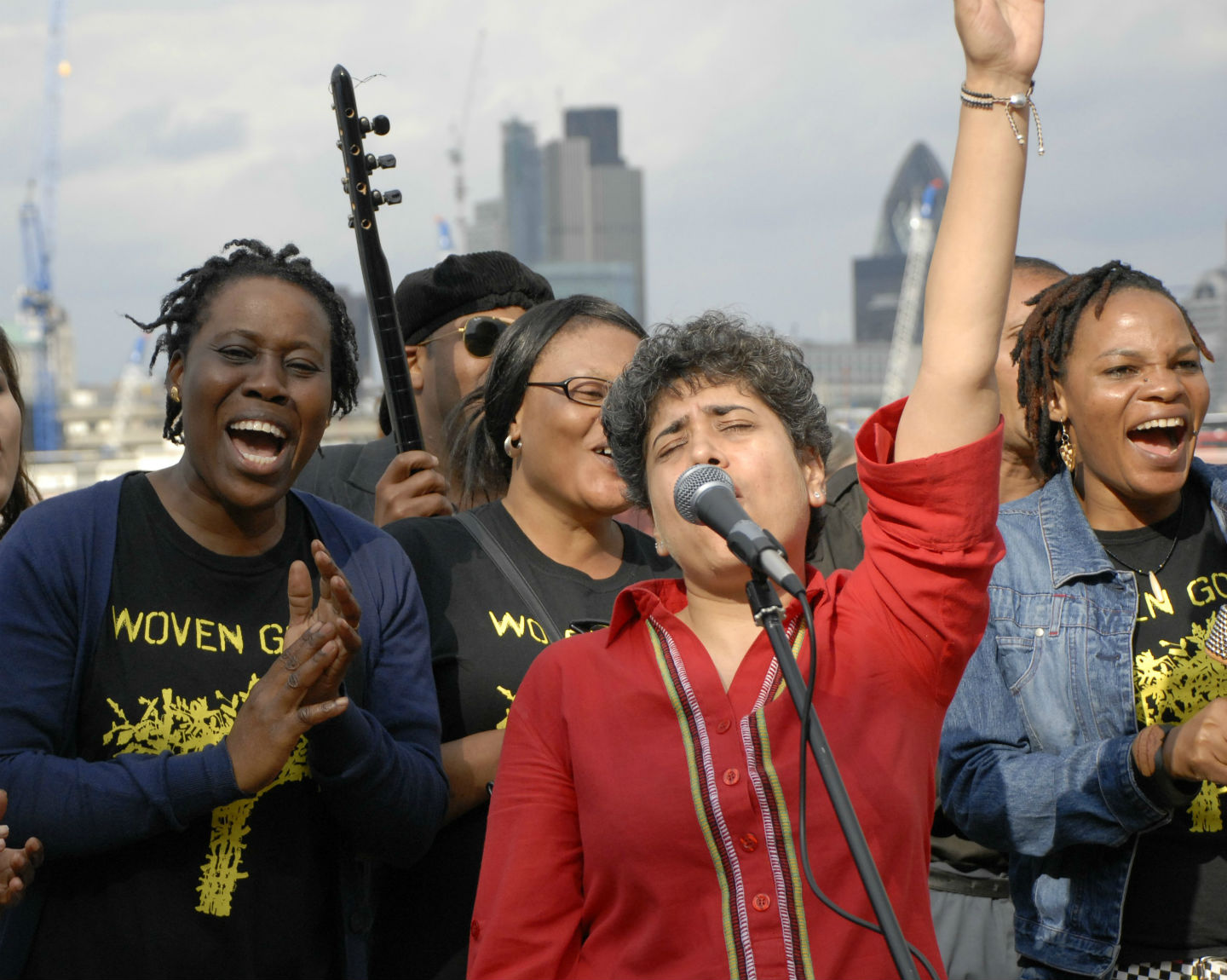
Although I’ve lived in Kentish Town since I was born, I only found out that the Foundation was here six months ago, when I came to interview for my current post as Research and Evaluation Coordinator.
The journey that brought me here started in November 1938, however, when my grandparents were forced to flee Vienna following the mass violence against the Jewish community that took place during ‘Kristallnacht’, or the night of the broken glass. They were both twenty.
My grandfather was lucky to be from a family rich enough that he could prove he would not be a burden on the British state, however my grandmother Sophie was only able to escape by applying for a domestic service visa to come to the UK. Although she was extremely lucky to have her visa granted, on the day that she was scheduled to leave, she was so terrified and distressed at the thought of saying goodbye to her family that she was unable to board the train. She made another attempt a week later, with expired documents, yet somehow was able to cross the border and arrived at Victoria station knowing nobody and not speaking any English.
It was through talking with my grandmother that I understood that the nightmare for refugees does not end once they leave their home country. Unlike many of our clients today, Sophie was not in danger of being returned to persecution, however she was completely dependent on her employer, who forced her to work all hours in the freezing cold.
One day she slipped on icy stairs and broke a tea set that she was carrying, and was then made to work without pay until she had repaid this ‘debt’. She also worried about her parents, who were subject to increasingly restrictive laws in Austria, and tried desperately to find somebody who would be willing to sponsor visas for them.
Eventually, they stopped replying to her letters, and it was only after the war that she learned that they had been murdered by the Nazis. When she formed a relationship with my grandfather, he urged her to marry him quickly so that if he was detained by the UK government as an ‘enemy alien’ they would be able to find each other. The police came for him the very next day.
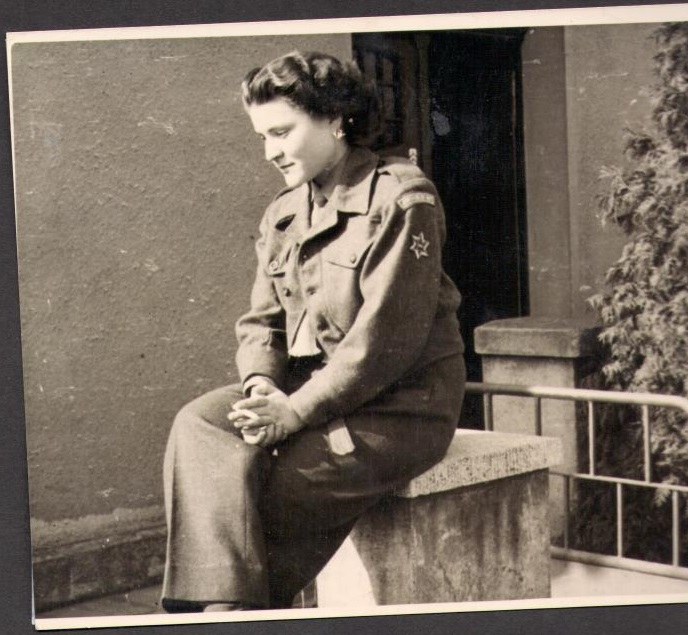
Once in the community, they are barred from working, dispersed around the country and expected to live on less than £6 per day. Even after receiving refugee status, survivors are given no assistance negotiating the UK employment market and many face instant destitution as they have no savings with which to pay a rental deposit. This would be devastating for anybody but can be life threatening for our clients, many of whom suffer from debilitating physical and mental health problems due to the extreme human cruelty that they have experienced. Much of our work involves providing support to cope with these transitions, as we recognise that recovery is impossible if people are unable to fulfil their most basic needs for food and shelter.
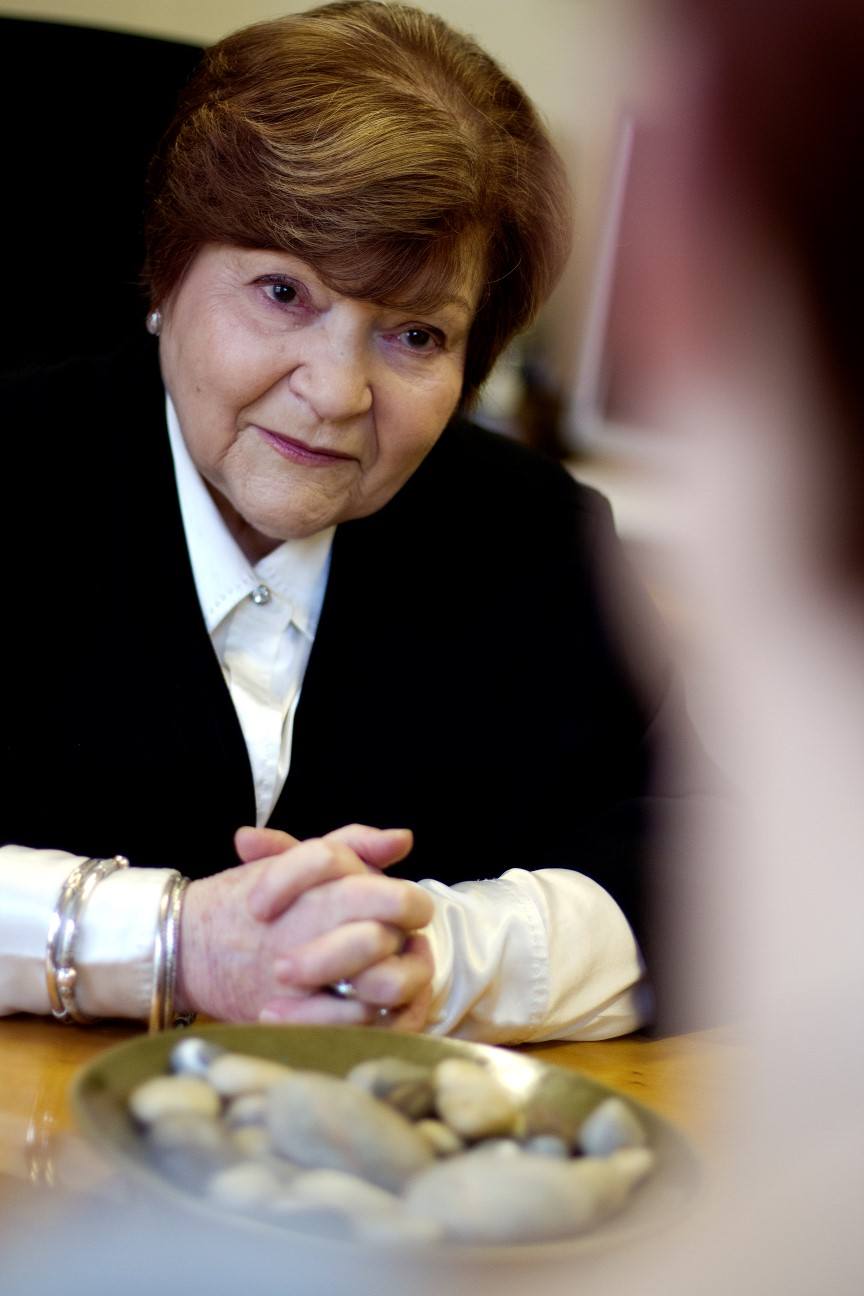
The Helen Bamber Foundation was founded in 2005 to share the model that she had developed with torture survivors with victims of other human rights violations, such as trafficking or gender-based violence. She recognised the importance of building community links, and providing opportunities for survivors to develop skills and interests, in order to achieve what she termed ‘creative survival’ and find a voice to express what has happened to them.
The Foundation now offers ten groups which are run by trained volunteers and include film-making, music and photography. Our team sees over 1000 clients per year, and as we receive no statutory funding, we’re reliant on public support. Although Helen died last year at the age of 89, she was active in the running of the charity until 2013: I’ll never forget hearing her speak while I was a student.
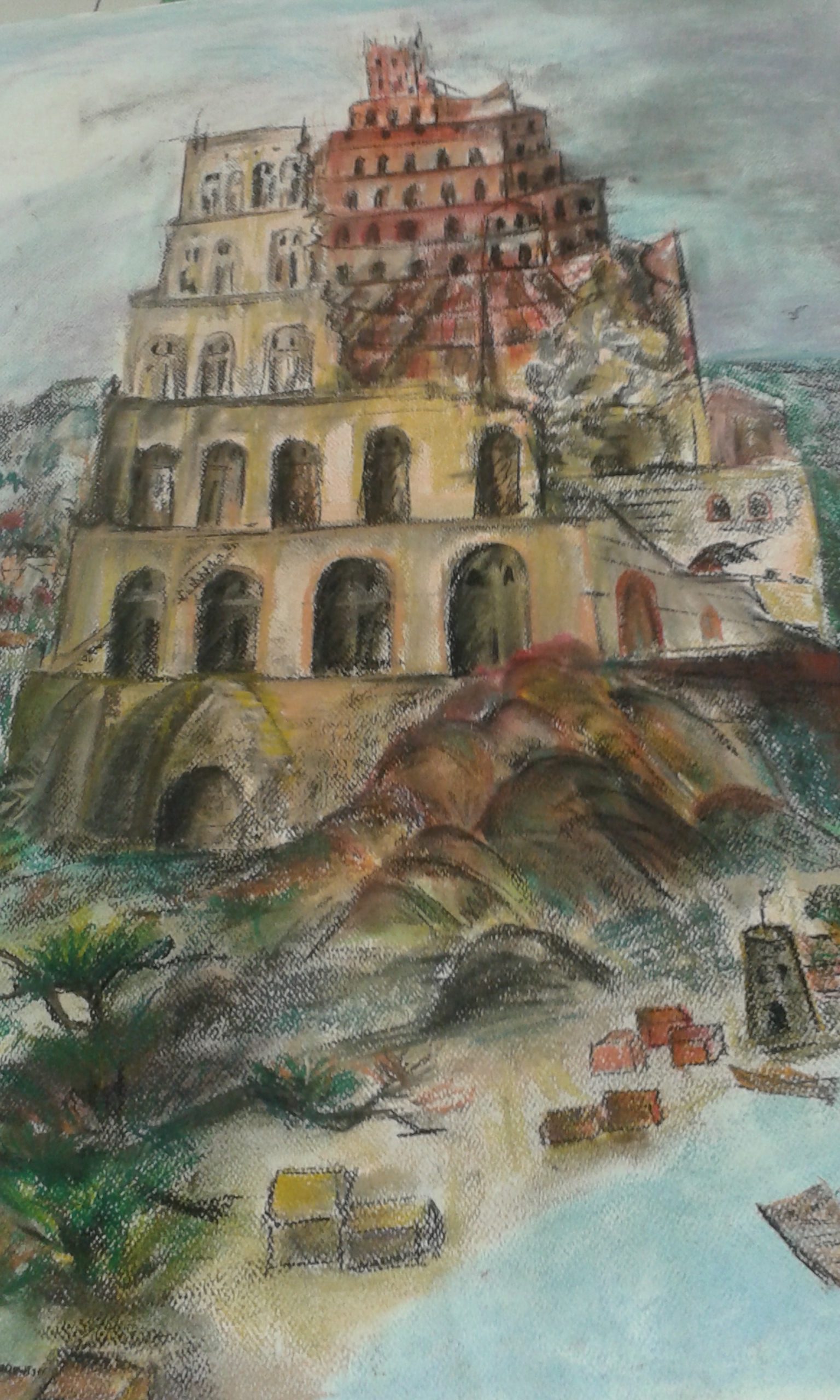
Helen’s life’s work stemmed from a conviction that societies are judged by how they respond to those who are most vulnerable. She said “‘the one thing that I am really proud of is the fact that when I was in Belsen, the lesson I learned was to bear witness, never to pass by. It is easy to be a bystander and I vowed never to be one.”
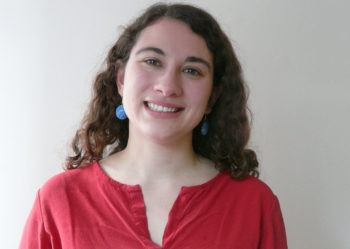
As Europe struggles to produce a collective response to the growing refugee crisis, we shouldn’t forget the invisible struggles of those already here in our community – those who need support to reclaim a life overshadowed by trauma, and who may have much to contribute in return. As Helen said, “I continue to work because I find heroism in our clients. Despite all they have been through, they find the remnants of resilience and courage to face continuing adversity.”


